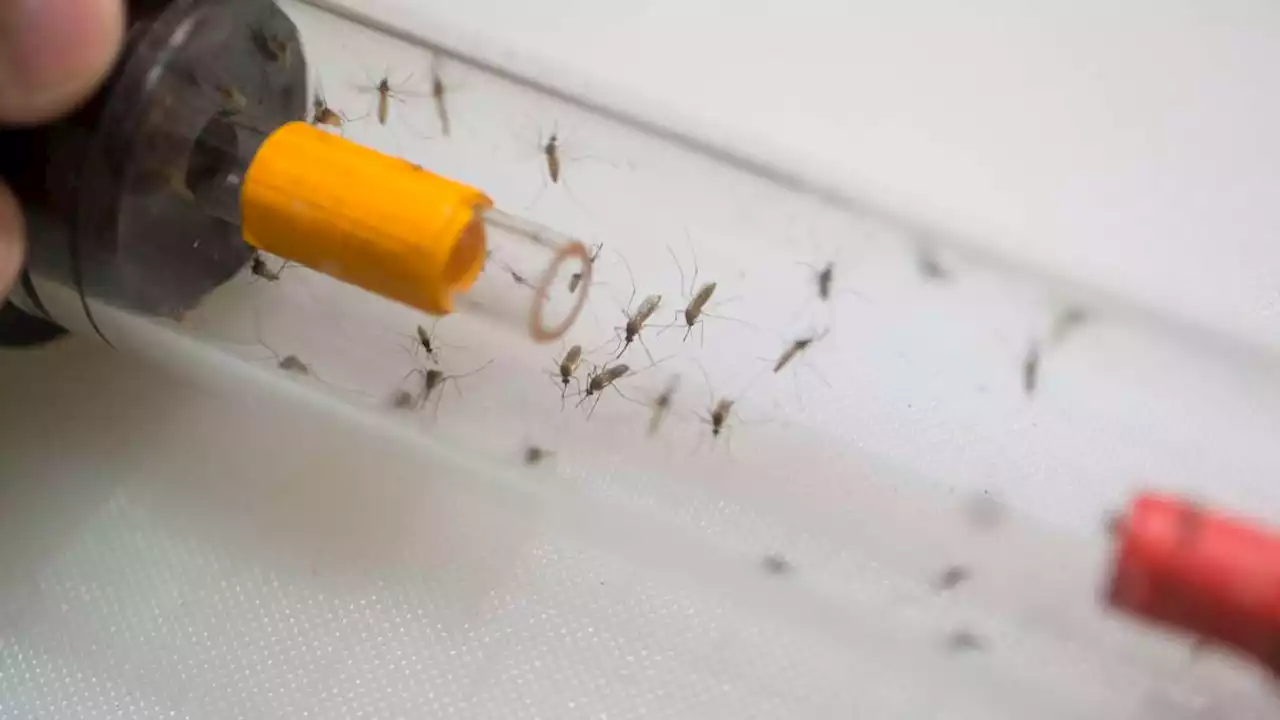Sleepy mosquitoes are more likely to catch up on missed z’s than drink blood.
The preference for dozing over dining is surprising given that “we know that mosquitoes love blood a lot,” says Oluwaseun Ajayi, a disease ecologist at the University of Cincinnati., the internal clock that determines their sleep and awake times . Knowing when a mosquito is awake — and biting — is important for understanding and limiting disease transmission. For instance, malaria, often transmitted by nocturnal mosquitoes, is kept under control by slinging netting around beds.
One way to tell is by tracking the insect’s behavior. So Ajayi and colleagues watched mosquitoes sleep. The team focused on three species known to carry diseases, including malaria:, which prefer dusk; and the nocturnal. The mosquitoes were left alone in a room in small enclosures, where the team used cameras and infrared sensors to spy on them.
